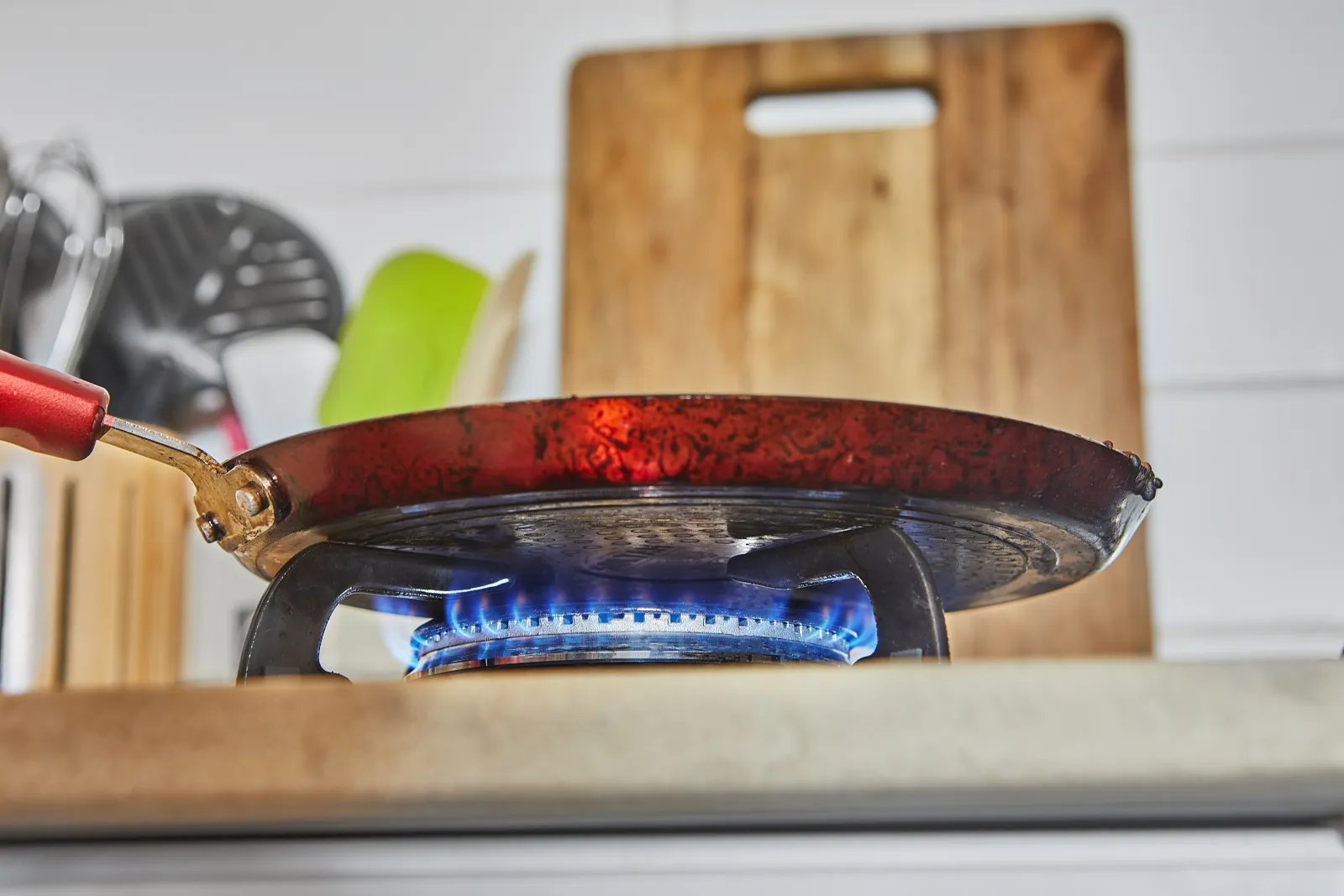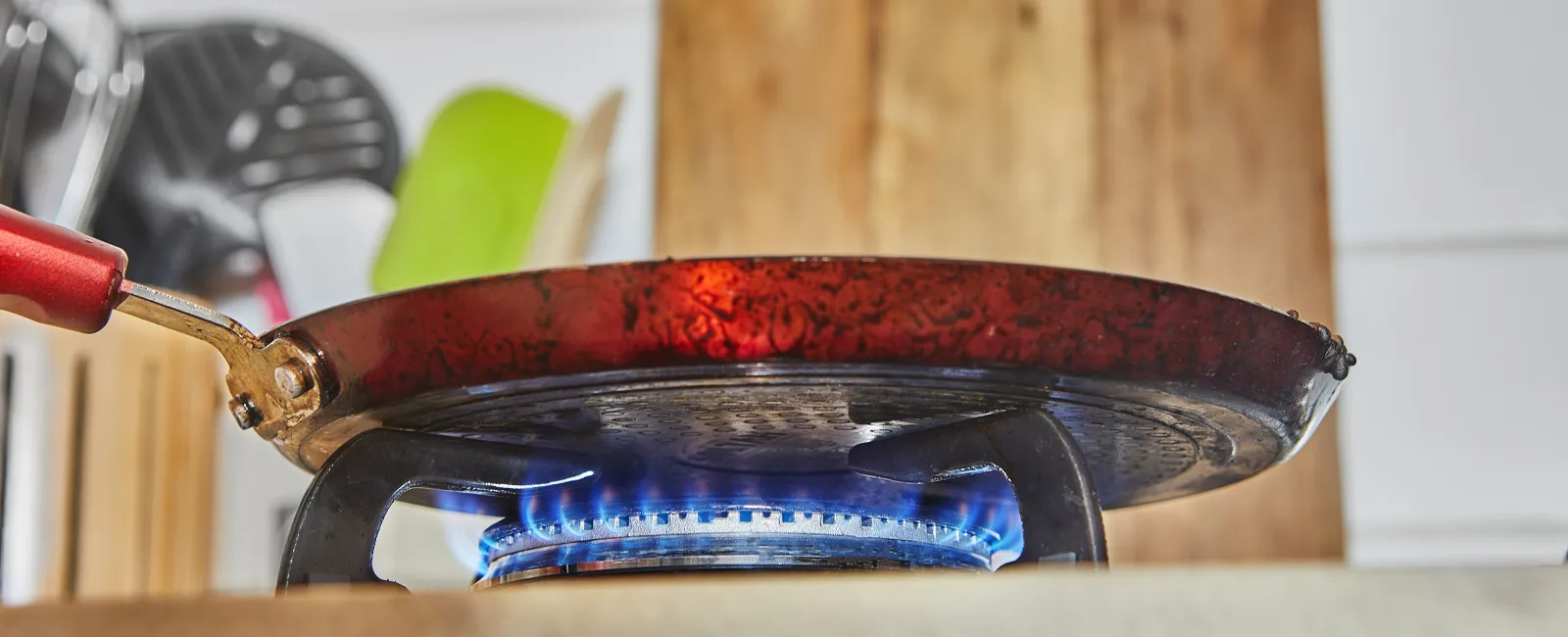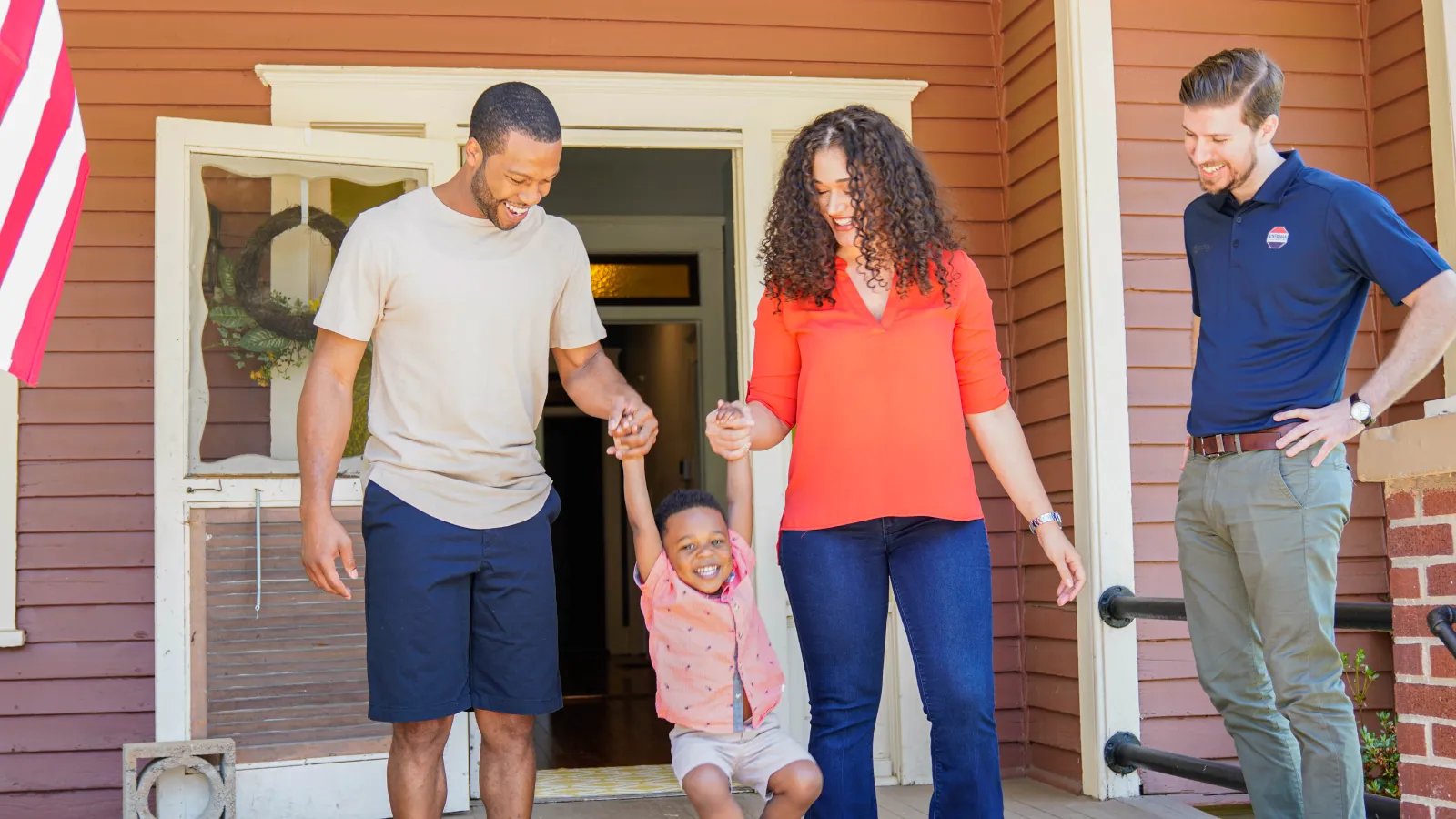
Gas leaks can be incredibly dangerous, often leading to fires, explosions, or poisoning. One of the most important steps in preventing the harmful effects of a gas leak is installing a carbon monoxide detector. These devices monitor your home for unsafe levels of carbon monoxide. What does carbon monoxide smell like? CO is a toxic, odorless gas produced by the incomplete burning of fuels like natural gas. It is known as the silent killer. We will explore how to prevent a gas leak, where to place a carbon monoxide detector, and what to do if your carbon monoxide alarm starts beeping.
Understanding Gas Leaks and Carbon Monoxide.
A natural gas leak occurs when gas escapes from pipes or appliances, often unnoticed until it becomes dangerous. Carbon monoxide, a byproduct of burning natural gas, can accumulate if there's improper ventilation or a malfunction in your gas-powered appliances. Since it is colorless and odorless, it is crucial to use a carbon monoxide detector to catch early signs of trouble.
How to Prevent Gas Leaks
Preventing gas leaks starts with maintaining gas-powered appliances like stoves, heaters, and water boilers. Regular inspections by professionals can catch early signs of wear and tear that could lead to leaks. If you suspect a gas leak ( maybe you smell gas, hear a hissing sound, or appliances aren't functioning properly), evacuate your home and contact your utility provider immediately.
Install Carbon Monoxide Detectors
The most reliable way to detect harmful levels of carbon monoxide in your home is to install a carbon monoxide detector. These devices are designed to sound an alarm when dangerous levels of CO are detected. Detectors act as an early warning system, alerting you to potential problems before they become life-threatening. Did you know that Ackerman doesn't only provide alarm systems, but also installs carbon monoxide detectors?
Where to Place Carbon Monoxide Detectors
Knowing where to place carbon monoxide detectors is essential for ensuring maximum protection. Ideally, detectors should be installed:
Near sleeping areas: This ensures that you will be alerted if the carbon monoxide alarm beeps while you're asleep.
On every level: CO can accumulate in any part of the house, so install a detector on each floor.
Near gas-powered appliances: Place detectors near your furnace, stove, or any gas heater to catch leaks at their source.
Avoid high-humidity areas like bathrooms or kitchens, as moisture may trigger false alarms.
Recognizing Alarm Signals
If you hear your carbon monoxide detector beeping, it's essential to know what to do. Here's how to interpret the sounds:
Carbon monoxide alarm beeping continuously indicates dangerous CO levels, requiring immediate evacuation.
A carbon monoxide detector chirping or beeping intermittently is often a sign of low battery or a malfunction. If you hear this, replace the batteries or the detector itself.
Always test your detector monthly to ensure it's working correctly, and replace it every 5 to 7 years as recommended by the manufacturer.
What to Do If the Alarm Sounds
If your carbon monoxide alarm beeps, follow these steps:
Evacuate immediately: Leave your home and move to fresh air, whether it's outside or in a well-ventilated area.
Call 911 or your gas company: Inform them of the alarm and possible natural gas leak.
Do not re-enter until professionals have confirmed it's safe. They will use equipment to test for gas leaks or high CO levels.
Gas Leak Prevention Tips
Regular maintenance: Regularly inspect gas appliances for wear and leaks, and make sure they are properly ventilated.
Know the signs of CO poisoning: Symptoms like headaches, dizziness, and nausea could be indicators of CO exposure. Seek medical attention if you suspect poisoning.
Educate your family: Ensure everyone in the household knows how to respond to a gas leak or CO alarm.
Preventing a gas leak and protecting against carbon monoxide poisoning are critical steps in ensuring home safety. Installing a carbon monoxide detector and placing it in the right locations is the first line of defense. Whether it's the carbon monoxide alarm beeping during a CO event or the carbon monoxide detector chirping to signal a maintenance issue, these devices can save lives. Take preventive measures today by regularly maintaining appliances, installing CO detectors, and knowing what to do if an alarm sounds.
Ackerman Security has been in your neighborhood in Georgia since 1967. Wondering how safe your home is? Call a safety specialist at 770.525.1846.





